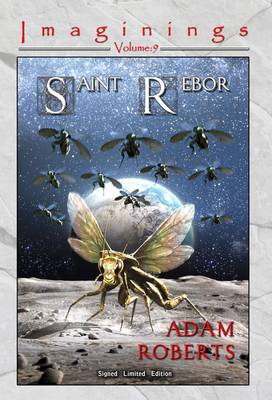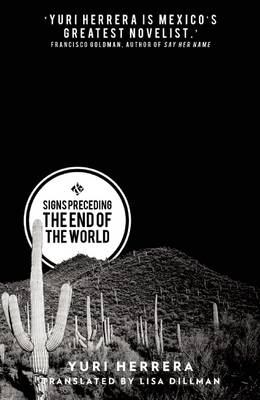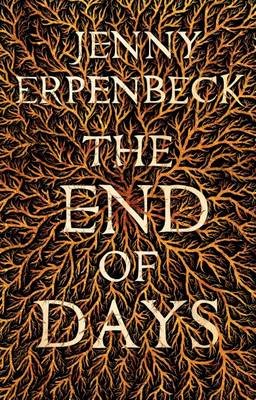Ian Parkinson, The Beginning of the End (2015)
Catherine Lacey, Nobody Is Ever Missing (2014)
There was a time when I wouldn’t have wanted to read a novel that was essentially a self-absorbed character obsessing over their disconnection from the world. But times change, and so do readers: now it’s the writing and the experience that matter to me, not the subject; and I know that the obsessive exploration of a character’s subjectivity can lead to as powerful a reading experience as anything.

Here I have two debut novels with psychologically damaged narrators, where the shape of the sentences creates the world. Ian Parkinson’s The Beginning of the End is the tale of Raymond, a Belgian whose life is a treadmill of microwave meals, internet sex chat, walking his dog on the beach, and generally avoiding other people as far as possible (the dog belonged to a neighbour who asked Raymond to look after it, then committed suicide). Raymond marries a Thai sex worker that he’s been talking to online, is told his father has died, moves into his father’s run-down villa… and life trudges on in a downward spiral.
Throughout the novel, Raymond’s narration is largely flat. For example:
The kitchen was beginning to disgust me. I had to leave the TV turned on so that I didn’t have to listen to the rats. I’d carried the microwave into the living room so I could heat a meal for one without having to go into the kitchen. I was thinking about setting fire to the cupboards and the broken refrigerator and leaving the room to burn down to its concrete shell. But there was a risk that someone would see the smoke and call the fire brigade. There would be an investigation and the case would be considered for prosecution on the grounds that I’d wasted the time of the emergency services. I would have to make sure the fire looked like an accident. It would be a good idea to get slightly injured so that it looked like I’d made an effort to put out the flames (pp. 73-4).
I call this ‘flat’, then I think back to reading Agota Kristof’s The Notebook, and how that made me reflect on what it really meant to describe prose as ‘spare’. It’s one thing when you can ascribe a particular quality to prose; it’s quite another when the prose embodies that quality so thoroughly. Whatever Raymond is doing – having sex, contemplating death, surveying the squalor around him – he relates in the same drab tone. But the effect is (perhaps surprisingly) compelling, because Parkinson’s prose has created this whole world of neutrality which rubs against what we as readers expect to be feeling and the occasional reminder that there is a world outside Raymond’s viewpoint, where not everything makes all the sense that it does to him.
 Nobody Is Ever Missing by Catherine Lacey also encloses its readers in a singular viewpoint: this time that of Elyria, who has fled her marriage in America to wander through New Zealand – though it’s a moot point whether she’s trying to find herself or lose herself. Where Raymond’s narration in The Beginning of the End creates an experience of emotional distance, Elyria’s draws you right into her constant questioning.
Nobody Is Ever Missing by Catherine Lacey also encloses its readers in a singular viewpoint: this time that of Elyria, who has fled her marriage in America to wander through New Zealand – though it’s a moot point whether she’s trying to find herself or lose herself. Where Raymond’s narration in The Beginning of the End creates an experience of emotional distance, Elyria’s draws you right into her constant questioning.
Lacey’s narrator will frequently use long, meandering sentences (see here for an example) that wrap around the reader. Crucial to this technique is the sense that Elyria isn’t sure how her sentences will end when she begins them – and so uncertainty lives and breathes throughout the text. Elyria is deeply ambivalent about what she wants:
I walked into the library and the library smelled like every library I’d ever been in and Dewey decimals were on all the spines, same tiny font, tiny numbers, and I thought, for a moment, that there actually were things you could count on in this world until I realized that the most dependable things in the world are not of any significant use to any substantial problems. I left the library after some time and I thought I should maybe bring some groceries or something to Werner’s and I tried to determine if I should hitch again, but I didn’t want to explain myself to anyone and I thought if I heard someone call me brave one more time I might rip off my own thumb and not even bother to stop the blood from staining their upholstery. (p. 104)
This indecision transforms Nobody Is Ever Missing: you can’t separate Elyria’s travels from her thoughts, because effectively they are each other. Words make the world, all over again.
Like this:
Like Loading...








Recent Comments